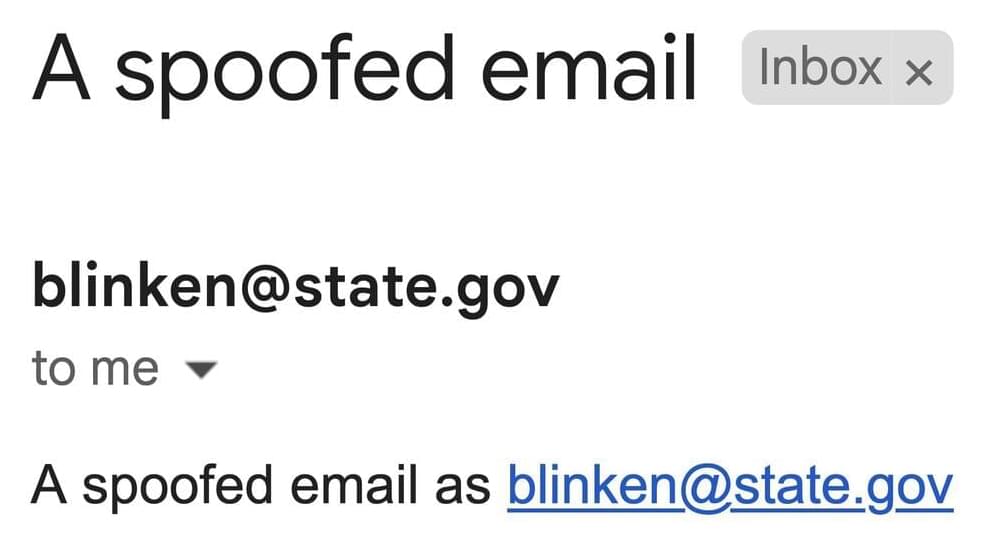Sep 10, 2023
Senators Want ChatGPT-Level AI to Require a Government License
Posted by Gemechu Taye in categories: business, government, robotics/AI
Under the proposal, developing face recognition and other “high risk” applications of AI would also require a government license. To obtain one, companies would have to test AI models for potential harm before deployment, disclose instances when things go wrong after launch, and allow audits of AI models by an independent third party.
The framework also proposes that companies should publicly disclose details of the training data used to create an AI model and that people harmed by AI get a right to bring the company that created it to court.
The senators’ suggestions could be influential in the days and weeks ahead as debates intensify in Washington over how to regulate AI. Early next week, Blumenthal and Hawley will oversee a Senate subcommittee hearing about how to meaningfully hold businesses and governments accountable when they deploy AI systems that cause people harm or violate their rights. Microsoft president Brad Smith and the chief scientist of chipmaker Nvidia, William Dally, are due to testify.


















